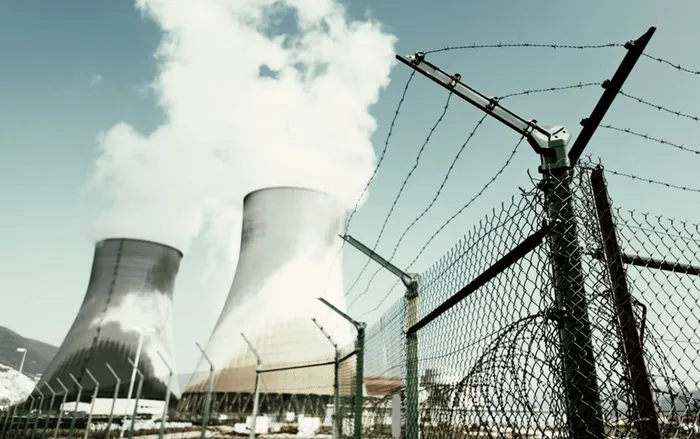
Acknowledging the environmental challenges posed by differing climate policies globally, the Commission is keen to ensure that substantial carbon emissions do not simply shift from the European Union (EU) to nations with less stringent regulations.
Image: File photo
Banele Ginidza
As the European Commission (EC) gears up to launch plans for a Carbon Border Adjustment Mechanism (CBAM) in early 2026, South African industries are left contemplating the potential ramifications of this new regulatory framework.
Affecting key sectors such as aluminium, steel, fertilizers, electrical energy, hydrogen, and cement, the proposed measures aim to mitigate risks of carbon leakage while promoting a low-carbon economy.
The EC announced on Thursday that it was actively working on proposals to support producers in sectors identified as vulnerable to carbon leakage.
Acknowledging the environmental challenges posed by differing climate policies globally, the Commission is keen to ensure that substantial carbon emissions do not simply shift from the European Union (EU) to nations with less stringent regulations.
"The proposal, which is expected to be made by the end of 2025, aims to support producers of goods at risk of such carbon leakage and ensure equal treatment for all goods, whether produced and sold in the EU, imported into the EU or exported," the EC said.
"This scheme would be in place for an initially defined period and then will be reviewed after the new 2026 ETS reform is approved."
Under the CBAM framework, starting January 1, 2026, South African importers will incur penalties linked to greenhouse gas emissions associated with their products in the affected sectors.
Last week, a provisional political agreement between the European Parliament and the Council highlighted an ambitious proposal to simplify and strengthen the CBAM regulations.
This simplification is designed to ease administrative burdens for businesses while maintaining the essential climate goals of the mechanism.
Local industries, government agencies and advocacy groups on Thursday said it was too early to read into the EC's intentions, especially as the proposals were scheduled to be made shortly before the implementation of the CBAM in January next year.
"At this stage, we are still mulling over the implications of the European Commission’s announcement and are not yet in a position to provide an informed or final view," said Nuraan Alli, communications executive at the Steel and Engineering Industries Federation of Southern Africa.
"As such, we are unable to make a public comment at this time. We will gladly engage further once our position has been more clearly defined."
The EC earlier in February proposed simplifications to the CBAM regulation to reduce administrative burdens for businesses, while maintaining the functionality of the CBAM measure.
One significant change is the introduction of an exemption threshold, allowing companies that import less than 50 tons of CBAM goods per year to be exempt from compliance obligations.
This adjustment is intended primarily to benefit small and medium enterprises (SMEs) by reducing their regulatory load, while still ensuring that 99% of emissions associated with CBAM goods are adequately addressed.
The Commission underscored that the forthcoming simplifications will aid in cost-efficient compliance improvements, such as refining the authorisation procedure and streamlining data collection regarding embedded emissions in imported goods.
However, final approval from the European Parliament and the Council is still required for these legislative adjustments to take effect.
As these developments unfold, stakeholders in South Africa are keenly observing how the EU's CBAM may impact their operations, competitiveness, and the broader economic landscape.
The implications are profound as international trade continues to wrestle with the competing demands of economic growth and environmental sustainability.
BUSINESS REPORT